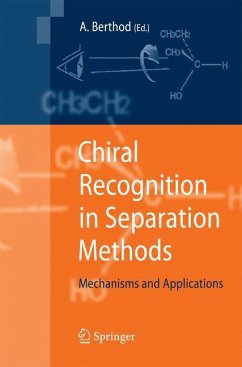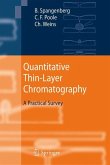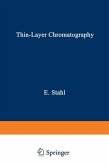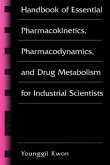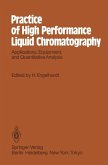What drives a scientist to edit a book on a speci c scienti c subject such as chiral mechanisms in separation methods? Until December 2005, the journal Analytical Chemistry of the American Chemical Society (Washington, DC) had an A-page section that was dedicated to simple and clear presentations of the most recent te- niques or the state of the art in a particular eld or topic. The "A-page" section was prepared for a broad audience of chemists including industrial professionals, s- dents as well as academics looking for information outside their eld of expertise. 1 Daniel W. Armstrong, one of the editors of this journal and a twenty-year+ long friend, invited me to present my view on chiral recognition mechanisms in a simple and clear way in an "A-page" article. In 2006, the "A-page" section was maintained as the rst articles at the beginning of each rst bi-monthly issue but the pagination was no longer page distinguished from the regular research articles published by the journal. During the time between the invitation and the submission, the A-page section was integrated into the rest of the journal and the article appeared as (2006) Anal Chem (78):2093-2099.
From the reviews:
"I strongly recommend this book to those interested in understanding the mechanisms responsible for chiral recognition in chromatographic and electrophoretic techniques. ... This book may be of interest both to beginners and to confirmed practitioners in the field. ... Chiral recognition in separation methods is a valuable book compiling a detailed description of most of the essential chiral selectors employed in chromatographic and electrophoretic techniques. ... Both students and practitioners interested in enantiorecognition mechanisms should have it in their library." (Caroline West, Analytical and Bioanalytical Chemistry, Vol. 400, 2011)
"I strongly recommend this book to those interested in understanding the mechanisms responsible for chiral recognition in chromatographic and electrophoretic techniques. ... This book may be of interest both to beginners and to confirmed practitioners in the field. ... Chiral recognition in separation methods is a valuable book compiling a detailed description of most of the essential chiral selectors employed in chromatographic and electrophoretic techniques. ... Both students and practitioners interested in enantiorecognition mechanisms should have it in their library." (Caroline West, Analytical and Bioanalytical Chemistry, Vol. 400, 2011)

